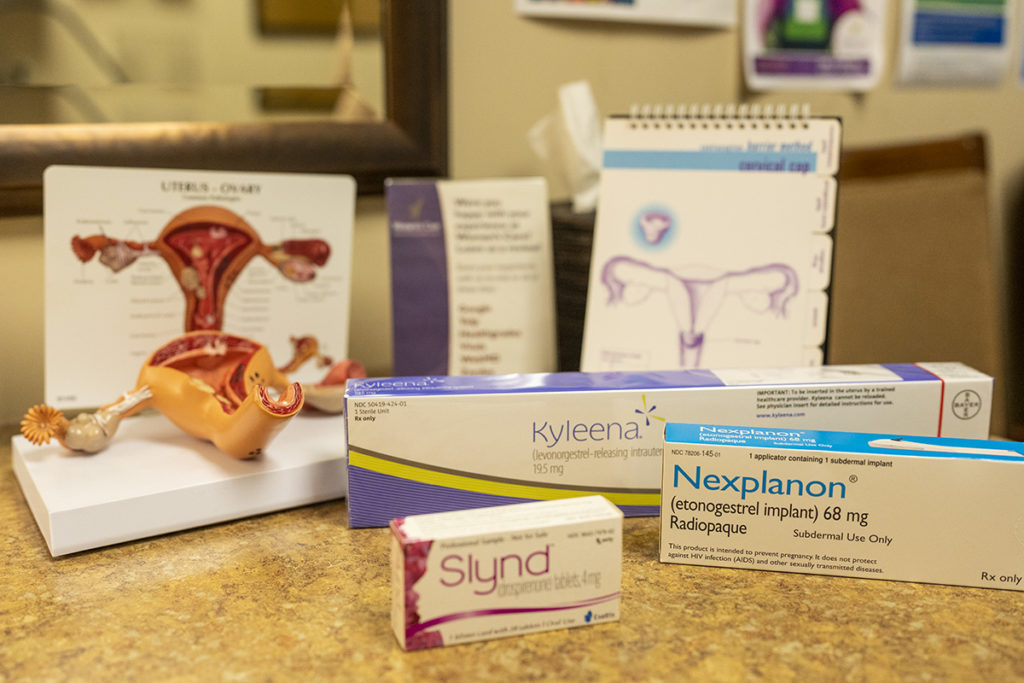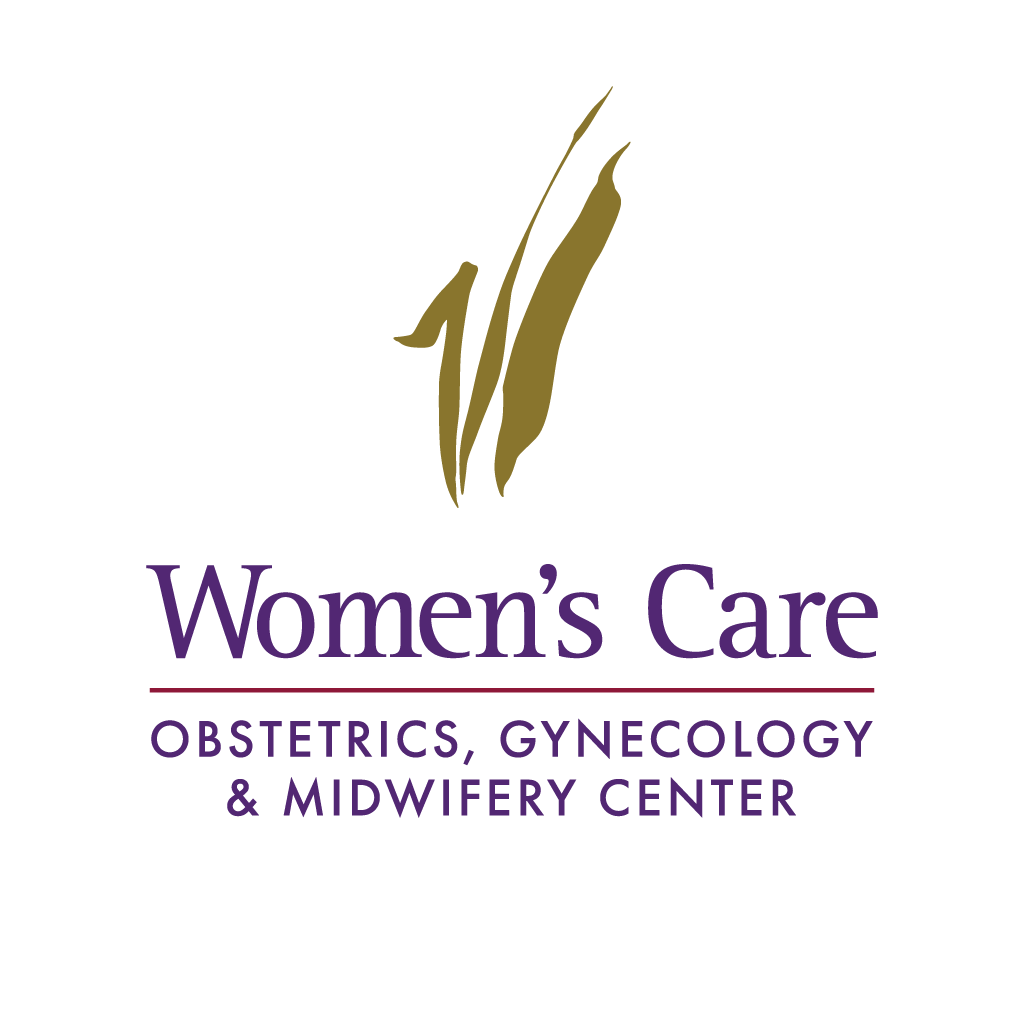Contraception

Contraception
We offer many options for birth control and can help you choose the one that suits you best.
Pregnancy prevention has come a long way. At Women’s Care, we believe that all women deserve contraception that is individualized for their particular needs. We are happy to see you at our Eugene/Springfield offices to discuss the variety of birth control options available.
Condoms
Condoms are 85% effective when used correctly. Latex and polyurethane condoms are available for use. A spermicide is recommended to increase efficacy of condoms. If the condom breaks, remember that emergency contraception is available at your pharmacy for women over 15 years old without a prescription.

Oral Contraceptive Pills
Oral contraceptive pills, or birth control pills, are 95% effective when used correctly. Women’s Care can work with you to find the pill that is right for you. It is important to remember that birth control pills can cause slight breast tenderness and nausea for the first few months of use, but these side effects generally ease over time. Please let your Women’s Care provider know if you are prone to blood clots, have any medical conditions, or are a smoker when discussing birth control. Remember, birth control pills do NOT prevent STDs, If STDs are a concern, use condoms and discuss other methods of protection with your Women’s Care provider.
Nuvaring
Nuvaring contains similar ingredients to oral contraceptive pills, but instead, those ingredients are formulated into a vaginal ring that provides reliable contraception. This silicone ring is flexible and cannot be felt when in the proper position. Nuvaring is inserted into your vagina during the first few days of your period. You can use tampons while Nuvaring is in place. The ring is left in place for 3 weeks. In the 4th week, the Nuvaring is removed and menstruation occurs. Please refer to Nuvaring’s link for more information on placing and removing Nuvaring.
Progesterone-only Pill / ‘Minipill’
The “Minipill” contains only progesterone. (As opposed to combination pills, which contain estrogen and progesterone.) This type of birth control pill is safe to take for women with certain medical conditions that preclude estrogen-containing birth control pills. It is also safe to take while breastfeeding and does not decrease a new mother’s milk supply. It is important to take the pill at the same time every day. This option is less effective than the traditional combination oral contraceptive pill, so it may not be the best option for every woman.
IUDs
Intrauterine devices, or IUDs, provide safe, extremely effective (over 99%), reversible contraception for women who want to delay childbearing. It is important to remember to be in a monogamous relationship when using the IUD. Contracting certain pelvic infections like Gonorrhea or Chlamydia with an IUD in place can increase the risk of a severe pelvic infection. There are 2 types of IUDs. IUDs can be used safely in women who have not been pregnant. Talk to your Women’s Care provider to see if you are a good candidate for an IUD.
Mirena IUD
The Levonorgestrel IntraUterine System or Mirena IUD provides excellent birth control and treatment of heavy periods. Each IUD can be used for a maximum of 7 to 8 years. It contains small amounts of levonorgestrel, which is a progesterone, that is safe for women with certain medical conditions and women who are breastfeeding. The Mirena IUD can be used both in women who have children and those who haven’t yet had children. It is a very effective treatment for heavy bleeding, though it can cause irregular bleeding for the first 3-6 months of use. After 3-6 months, many women see a decrease in the amount of menstrual bleeding and cramping. It is important to maintain a monogamous relationship when using an IUD. Please make an appointment with a Women’s Care provider to see if this IUD is right for you.
Paragard IUD
The Copper IUD or Paragard IUD is a copper-coiled IUD that provides up to 10 years of effective contraception. The copper inhibits sperm from fertilizing eggs. The IUD is hormone-free so it doesn’t affect your natural cycles. It is safe for women who smoke or have certain medical conditions that preclude them from taking estrogen-containing contraception. The Paragard IUD can be used safely in women who have had children and those who haven’t. It is important to maintain a monogamous relationship when using an IUD. Please make an appointment with a Women’s Care provider to see if this IUD is right for you.
Skyla IUD
Skyla is another type of levonorgestrel IntraUterineSytem (or IUD) that lasts for three years. Similar to Mirena IUD, Skyla can be used both in women who have had children and those who haven’t yet. Skyla may cause irregular bleeding initially but is likely to decrease the amount of menstrual bleeding and cramping after the first 3 months. It is important to maintain a monogamous relationship while using an IUD.
Implantable Contraception (Nexplanon)
A small rod containing progesterone is placed under the skin of the arm, providing three years of effective contraception. The Nexplanon rod is easily inserted in your Women’s Care provider’s office and takes about 5 minutes to insert. It occasionally causes irregular periods, but periods will return to normal after Nexplanon is removed. Fertility returns quickly after the rod is removed.
Learn more about implantable contraception.
Depo Provera
Depo Provera is a three-month injection that provides excellent contraception. It can be used safely in most women, including those who are breastfeeding. Periods can become irregular on Depo Provera. It is important to maintain adequate calcium intake while using Depo Provera.
Permanent Contraception
Learn more about your options for permanent contraception at Women’s Care.
